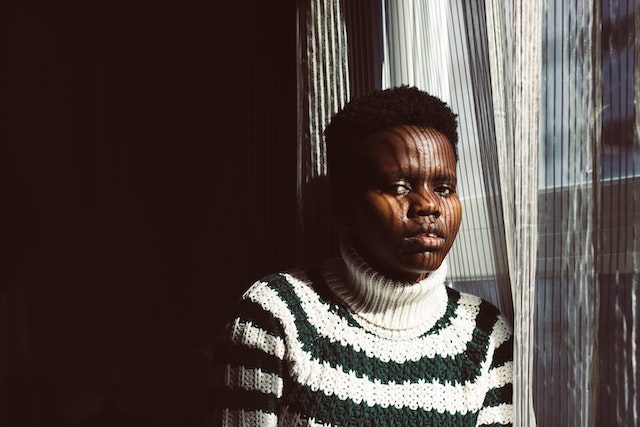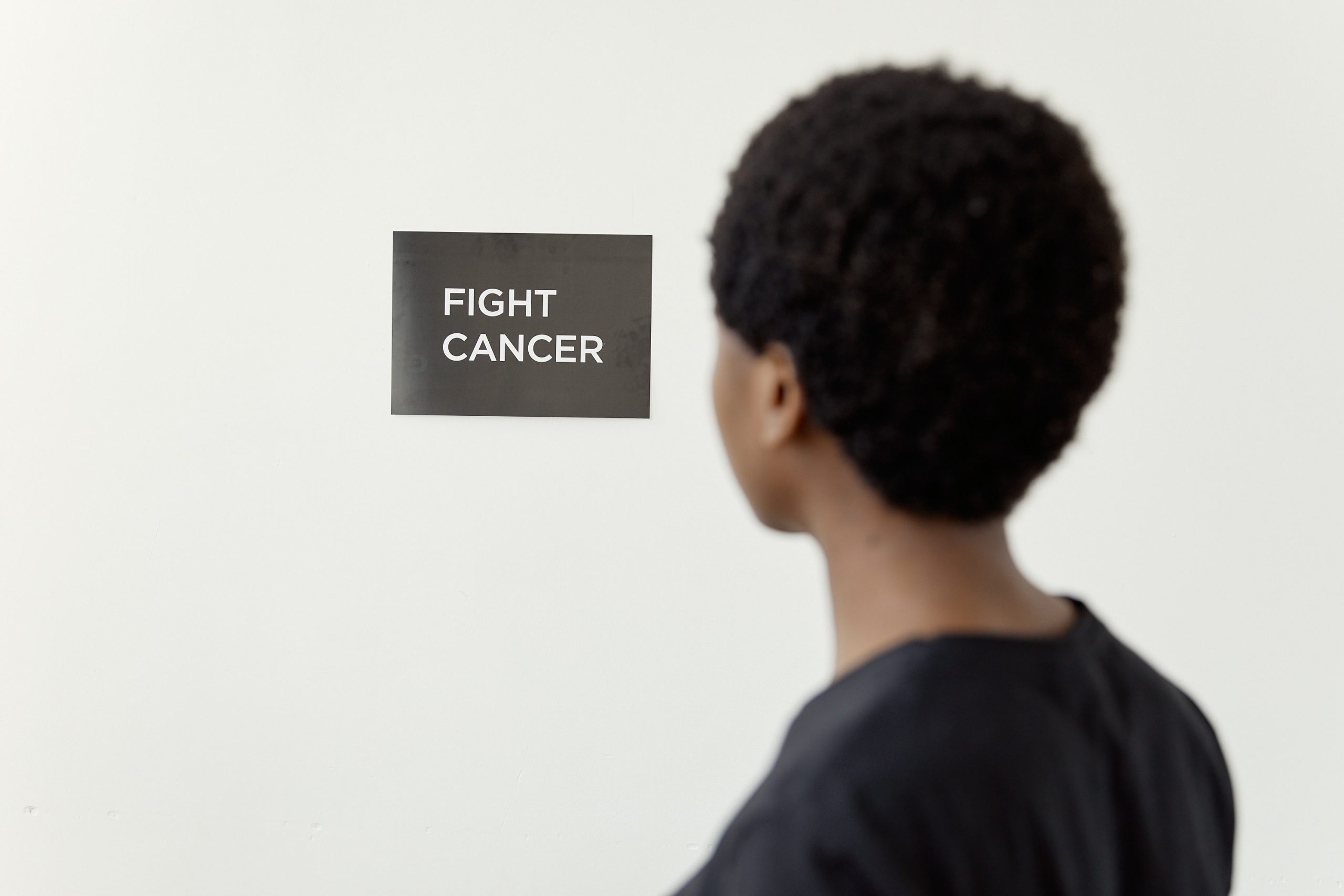Calling on African leaders to dedicate resources to gender equality, health equity and socio-economic justice
The World Day of Social Justice is a day set aside by the United Nations to promote social justice and address issues of poverty, exclusion, and inequality around the world. As we mark this day, it is essential to recognize that social justice is a fundamental human right that should be enjoyed by all people, regardless of their gender, ethnicity, religion, or socio-economic status. In Africa, social injustice has led to poverty, inequality, and exclusion for many, particularly women and marginalized communities. To address these challenges, it is critical for African leaders to dedicate resources to gender equality, health equity, and socio-economic justice.
To promote gender equality, African leaders must dedicate resources to address the root causes of gender inequality. This includes ensuring that women and girls have access to quality education, healthcare and economic opportunities.
Gender Equality
Gender equality is a critical aspect of social justice. In many African countries, women continue to face discrimination and exclusion in various aspects of their lives. They have limited access to education, healthcare, and economic opportunities, which limits their potential to contribute to the development of their communities and countries. Gender-based violence is also a pervasive issue, with women and girls being subjected to physical, sexual, and emotional abuse. To promote gender equality, African leaders must dedicate resources to address the root causes of gender inequality. This includes ensuring that women and girls have access to quality education, healthcare, and economic opportunities. It also involves promoting women’s leadership and political participation and addressing gender-based violence by implementing laws and policies that protect women and girls.
Health Equity
Health equity is critical to social justice, particularly in the African context. Many African countries have poor health systems, which limit people’s access to essential healthcare services. This has led to high rates of maternal and child mortality, as well as the prevalence of infectious diseases such as HIV/AIDS, malaria, and tuberculosis. To promote health equity, African leaders must dedicate resources to strengthen health systems and improve access to essential healthcare services. This includes investing in healthcare infrastructure, training healthcare workers, and increasing the availability of essential medicines and vaccines. It also involves addressing the social determinants of health, such as poverty, lack of education, and limited access to clean water and sanitation.
Socio-Economic Justice
Socio-economic justice is critical for promoting social justice in Africa. Many African countries have high levels of poverty and inequality, which limit people’s access to essential services and opportunities. This has led to exclusion and marginalization, particularly for vulnerable communities such as women, children, and people with disabilities. To promote socio-economic justice, African leaders must dedicate resources to address the root causes of poverty and inequality. This includes investing in education and training, creating job opportunities, and promoting inclusive economic growth. It also involves addressing issues such as land rights, access to credit, and social protection, which can help to reduce poverty and inequality.
Call to Action
As we mark the World Day of Social Justice, we call upon African leaders to prioritize gender equality, health equity, and socio-economic justice in their development agendas. This requires dedicating resources to address the root causes of social injustice, such as discrimination, exclusion, and poverty.
We also call upon African leaders to ensure that their policies and programs are gender-responsive, and that they address the unique needs and challenges faced by women and marginalized communities. This includes promoting women’s leadership and political participation, addressing gender-based violence, and improving access to essential healthcare services.
Finally, we call upon African leaders to engage civil society organizations, women’s groups, and other stakeholders in their efforts to promote social justice. These organizations play a critical role in advocating for the rights of the marginalized and vulnerable, and their expertise and perspectives must be considered in policy and program development.
Conclusion
The World Day of Social Justice provides an opportunity for us to reflect on the importance of social justice in Africa and the role that African leaders must play in promoting it. By dedicating resources to gender equality, health equity, and socio-economic justice,


